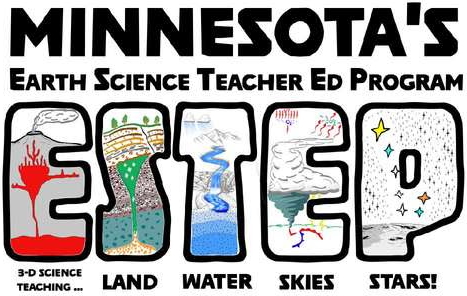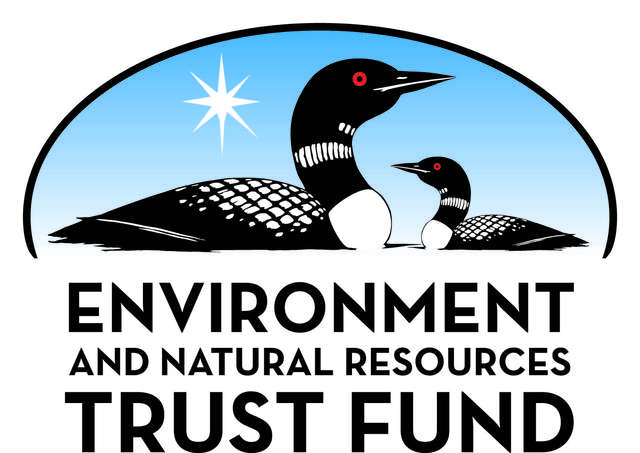Top > Professional Development > Harvard Online Assessment Project
 |
Forwarded from NSTA:
Dear Science Educator,
How many times have you wondered if the test questions you write or find to assess your students’ science knowledge adequately reflect their true understanding? Now is your chance to take advantage of a free opportunity to test out your own multiple-choice assessment questions as well as help us revise our existing inventory.
Our Misconception-Oriented Standards-based Assessment Resources for Teachers (MOSART beta) research team in the Science Education Department at the Center for Astrophysics | Harvard & Smithsonian invites you to participate in an NSF funded project to test a novel collaborative system for the development and validation of high-quality assessment items. Using this “citizen science” approach, teachers can volunteer their favorite items and help improve existing ones from our MOSART inventory. Many crucial item characteristics will be measured and reported, such as difficulty, effectiveness, gender and racial/ethnic bias.
We’re looking for teachers (current or recently retired) with experience teaching middle school physical science to participate in this project. Beginning in March 2022, we will be reviewing and revising questions that address the Middle School (grades 6-8) Physical Science Disciplinary Core Ideas (DCIs) as written in the Next Generation Science Standards (NGSS). There are two ways to participate:
- write or submit your own multiple-choice questions for review (these can be new or existing ones that you use);
- revise questions from our MOSART middle school physical science inventory or those submitted by other educators, editing for difficulty, gender or racial/ethnic bias.
The following is an example of a MOSART question requiring editing because it is too difficult for middle school students:
Matter is made of tiny bits called atoms. What is between the helium atoms in a balloon?
- Tiny particles that bind atoms together.
- A chemical substance that attaches helium atoms together.
- Nothing; the helium atoms touch each other on all sides.
- Nothing, just empty space.
- Air.
You’ll receive guidelines for writing and a brief training tutorial provided by our project manager and educational specialist who have researched misconceptions related to science topics and have served as item writers for past MOSART projects.
We will be reviewing items over the course of this year that address each of the following NGSS Performance Expectations categories:
- MS-PS1 Matter and Its Interactions
- MS-PS2 Motion and Stability: Forces and Interactions
- MS-PS3 Energy
- MS-PS4 Waves and Their Applications in Technologies for Information Transfer
Educators who write or revise questions will be provided with data on the quality of these items in terms of difficulty, discrimination, and gender and racial/ethnicity bias as determined by psychometric analysis.
As a thank you for your help, we will provide a Harvard-Smithsonian Certificate of Appreciation for your efforts and will share with you our results as we move forward with this project.
If you are interested in participating in this project titled CONSTRUCT, please reply by answering a few brief questions at https://harvard.az1.qualtrics.com/jfe/form/SV_2tUFcEMTUaayjRQ .
If this opportunity is not for you, but you have colleagues that may be interested, please pass this along to them. If you have any questions, please contact me at ccrockett@cfa.harvard.edu.
Thank you in advance,
Cynthia Crockett
Division Director for Research in Science Education
National Science Teaching Association (NSTA), 2020-2023
Cynthia D. Crockett
Science Education Specialist | Education Researcher
Science Education Department
Center for Astrophysics | Harvard & Smithsonian
Office: (617) 495 7572 Email: ccrockett@cfa.harvard.edu,
60 Garden Street | MS 71 | Cambridge, MA 02138









 Minnesota science teachers should know about:
Minnesota science teachers should know about: